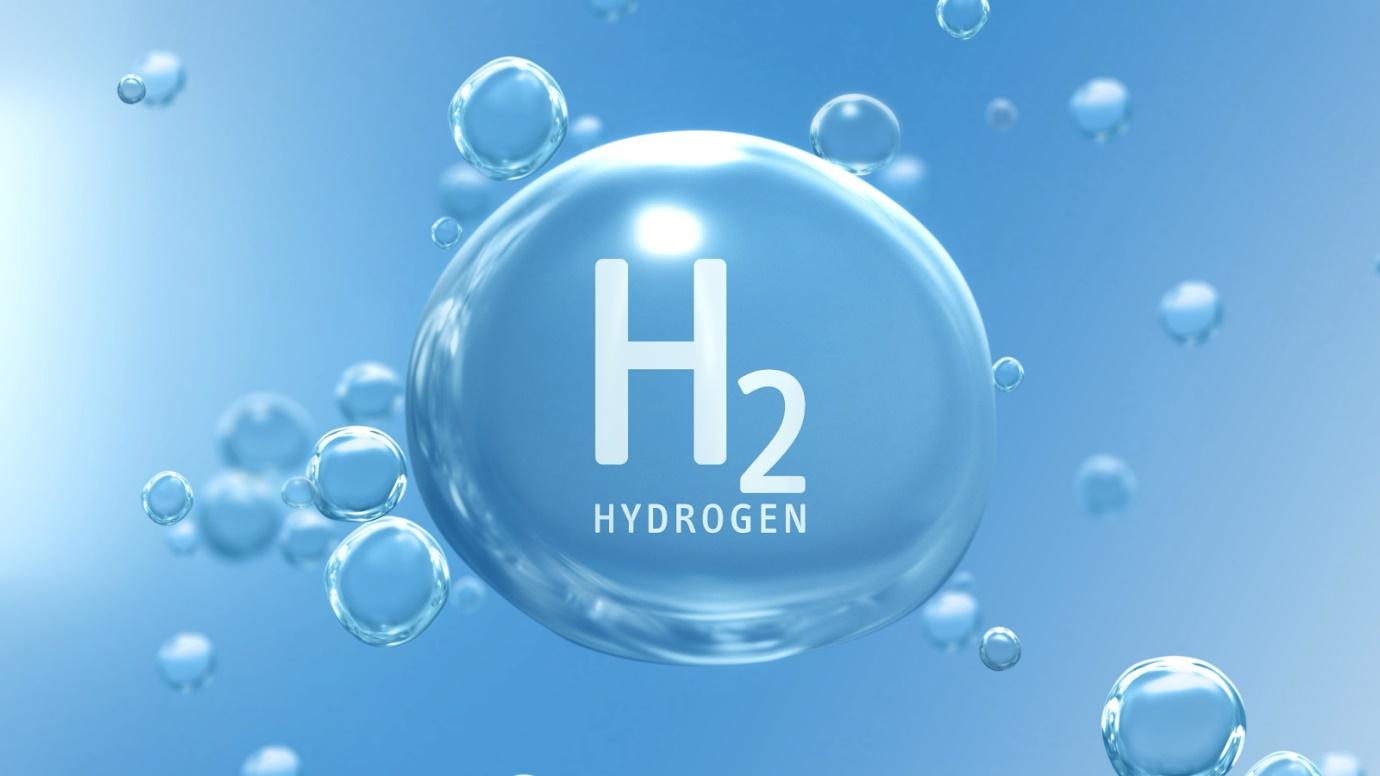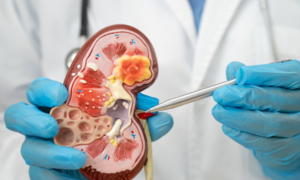Respiratory diseases are prevalent in autumn and winter. The increasingly popular hydrogen therapy can help improve overall lung health and avert risk.
Inhaling hydrogen (H2) can relieve asthma, help reduce lung inflammation, and alleviate chronic obstructive pulmonary disease (COPD) and pulmonary fibrosis. It can also benefit acute respiratory distress syndrome and other conditions.
Hydrogen therapy is distinct from traditional treatment and is a newly introduced apparatus in modern medicine. Because of its powerful antioxidant and anti-inflammatory properties, hydrogen can selectively neutralize harmful free radicals, especially those that can cause severe inflammation and cell damage.
Hydrogen therapy, therefore, improves pulmonary diseases caused by inflammation with significant therapeutic effects.
1. Acute Lung Injury and Respiratory Distress Syndrome
Acute lung injury and its more severe form, acute respiratory distress syndrome, are associated with high morbidity and mortality. Hydrogen therapy can significantly relieve respiratory distress, or difficulty breathing, caused by severe inflammation.
A study of mice with acute lung injury found that hydrogen inhalation increased their survival rate to 80 percent, reduced lung damage induced by lipopolysaccharides (LPS), and decreased inflammatory cytokine release in LPS mice.
Many preclinical and clinical studies have demonstrated the beneficial effects of H2 in varying diseases, including COVID-19. Therefore, an effective treatment of H2/O2 gas inhalation would ease the pressure on hospitals and prevent severe illness of COVID-19 patients.
2. Chronic Obstructive Pulmonary Disease and Asthma
The core problems of COPD and asthma are chronic inflammation and oxidative damage. A clinical
study of 10 asthma and 10 COPD patients found that a single 45-minute session of inhalating hydrogen attenuated inflammatory status in patients’ airways.
3. Pulmonary Fibrosis
Pulmonary fibrosis is a particularly challenging disease that causes hardening of lung tissue. The study results suggest that in this mice model of lung injury, hydrogen inhalation inhibited the deterioration of respiratory physiological function and alveolar fibrosis. Hydrogen administration increased ventilation and increased alveolar compliance, too.
This shows that hydrogen has a positive therapeutic effect on pulmonary fibrosis, a disease that is difficult to treat.
Principle of Hydrogen Therapy
The main reason why hydrogen therapy is effective for different pulmonary diseases is that
hydrogen is a choosy antioxidant and can selectively reduce the hydroxyl radical, the most cytotoxic of reactive oxygen species (ROS), and effectively protect cells. So far, no reports of adverse effects from hydrogen therapy have been reported.
In addition, owing to its ability to rapidly diffuse across membranes because of its small molecular size, hydrogen can reach and react with cytotoxic ROS and thus protect against oxidative damage.
Hydrogen Therapy Applications
Patients with chronic diseases, especially those with COPD and asthma, often find their breathing capability has improved, and their symptoms have also been significantly alleviated after inhaling hydrogen gas.
2 Ways to Apply Hydrogen Therapy:
1. Hydrogen Inhalation. Hydrogen inhalation devices targeting certain severe breathing issues are already available. These devices allow patients to inhale hydrogen gas directly, typically for 30 minutes to an hour for one cycle. This treatment has had positive effects on respiratory diseases, chronic asthma, and acute lung injury.
2. Drink Hydrogen-Rich Water. Although drinking hydrogen water is not as effective as inhaling it, it still has certain anti-inflammatory and antioxidant effects that can help support overall lung health.
A study published in the November 2024 edition of Free Radical Biology and Medicine showed that hydrogen-rich water alleviates airway inflammation in asthma. Hydrogen-rich water can also modify gut microbiota.
A randomized, double-blind clinical study found that drinking 1 1/2 liters of hydrogen-rich water daily for four weeks increases antioxidant capacity, thereby reducing inflammatory responses in healthy adults.
Hydrogen therapy is still a new subject, and more research is providing us with added information. Although it is a very safe and effective anti-inflammatory and antioxidant therapy that helps with systemic diseases, it is still recommended for patients with chronic diseases to apply it under the guidance of a doctor.
Hydrogen therapy brings a new possibility to our respiratory health. If pulmonary diseases can be better managed in the future, no doubt their symptoms can be improved and quality of life will improve.














